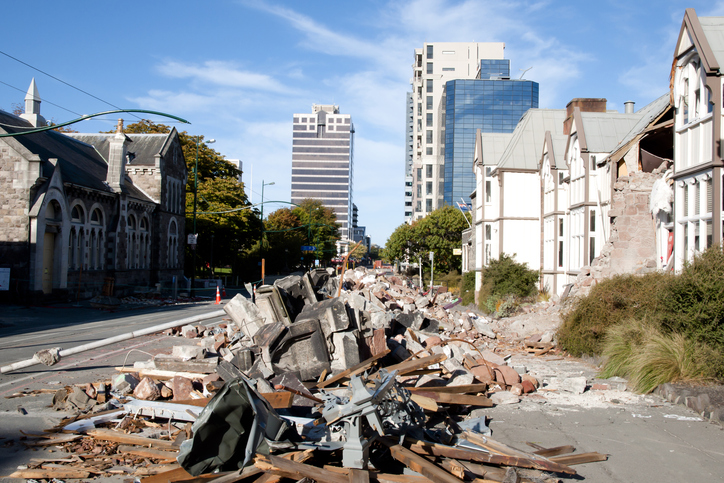
As you likely know, there are two fault lines that run through Tennessee. The first is the New Madrid Fault, which runs approximately 120 miles south from Charleston, Missouri, and part of West Tennessee, near Reelfoot Lake, extending southeast into Dyersburg, Tennessee. The second is the East Tennessee fault line, which runs from Chattanooga through Knoxville and on to North Carolina.
What you may not know is that most property insurance policies exclude damage from earthquakes. And while we haven’t had a major earthquake in Tennessee in the last 100 years, that doesn’t mean they can’t occur. So, what would you need for coverage, and how do these policies work? Let’s discuss it.
How Earthquake Insurance Works
Earthquake insurance provides protection from the shaking and cracking that can destroy buildings and personal possessions. And while there are certainly scenarios where major damage can occur, one of the more common issues is the damage earthquakes can cause to foundations and walls of a building. This shifting, cracking, and movement can be very costly and may also damage the structural integrity of your building(s).
If a fire, electrical damage, or water line damage occurs as a result of an earthquake, there is a good chance your current property policy may provide coverage for those losses. But direct damages from the earthquake, whether to your building, auto, or personal property, are unlikely to be covered by non-earthquake insurance policies.
It’s important to know that earthquake insurance carries a deductible, and this is generally in the form of a percentage rather than a dollar amount. That is somewhat unique compared to other coverages and could be an unpleasant surprise if you don’t understand it in a claims scenario. As an example, an earthquake insurance policy may have a 10% deductible, meaning that if the home is replaced at a cost of $250,000, the homeowner would have a $25,000 deductible. These deductibles may be as high as 20%, which can mean a very significant cost to the homeowner.
Earthquake Insurance Costs
The cost of earthquake insurance can also vary a lot, depending on location, how your structure is built, and the materials used. These policies are provided by private insurance companies, and not the government like many flood insurance policies. As such, earthquake insurance needs to be reviewed and compared to understand the coverages and costs.
Does your home or business property need earthquake insurance? It’s likely a good idea to have a policy in place for it. While we don’t expect an earthquake anytime soon, the science to predict them is not advanced enough to detect them in advance and one could occur at any time.
Contact Brandon Patterson on our team at brandon@ownbyinsurance.com or call 865.453.1414 and he’ll help you review your options.